In Singapore, the process after car deregistration is tightly regulated and deeply linked to recycling, exporting, and sustainability. This article explains each stage, from scrapping to exporting and parts recovery, with a focus on how vehicles are processed once they reach the end of the road.
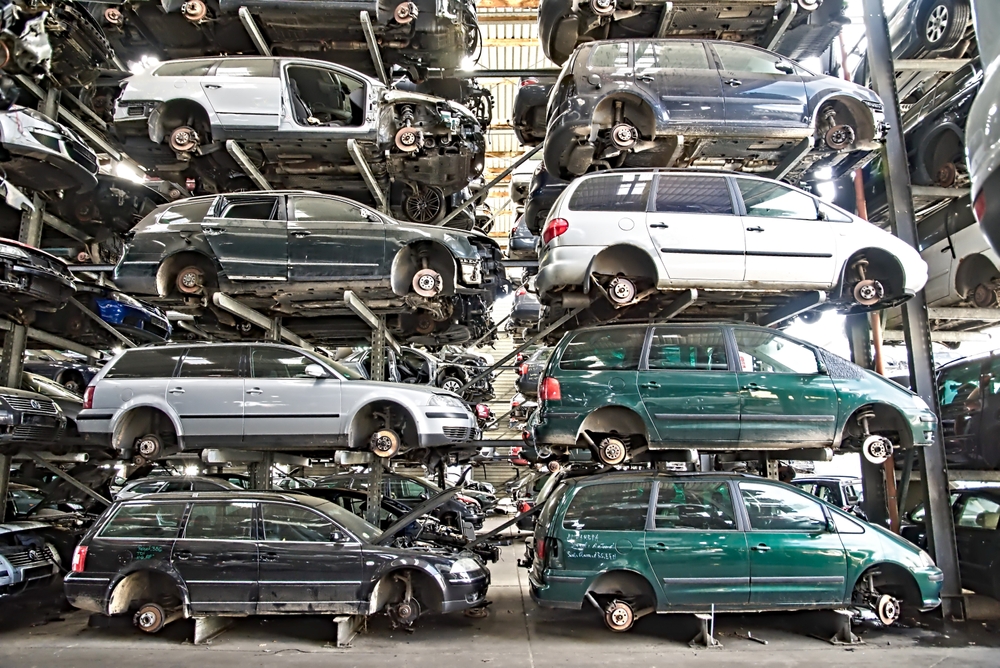 Deregistering a car in Singapore formally removes it from the national vehicle register. Once done, the car can no longer be used or kept in the country. From there, car owners can choose between three options: scrapping, exporting, or temporary storage at an LTA-appointed Export Processing Zone (EPZ). The choice depends on the car’s condition and market value. Older or high-mileage cars are usually scrapped for parts or metal recovery.
Deregistering a car in Singapore formally removes it from the national vehicle register. Once done, the car can no longer be used or kept in the country. From there, car owners can choose between three options: scrapping, exporting, or temporary storage at an LTA-appointed Export Processing Zone (EPZ). The choice depends on the car’s condition and market value. Older or high-mileage cars are usually scrapped for parts or metal recovery.
Newer or well-maintained ones might be exported if there’s overseas demand, especially if resale prices are higher abroad. Temporary storage in an EPZ gives owners time to arrange an export deal or decide later. Going through any of these lets owners apply for financial rebates: Preferential Additional Registration Fee (PARF) or Certificate of Entitlement (COE), depending on the car’s age and entitlement status.
Scrapping: Sending cars to the yard
Scrapping is the most common route for older vehicles. Once deregistered, the car must be sent to an LTA-appointed scrapyard. These sites follow strict rules, safely draining all fluids, removing hazardous materials like batteries and refrigerants, and dismantling major components. This ensures no environmental harm and meets national safety standards. Car owners can choose to handle the paperwork themselves or get help from dealers or scrapyards offering full-service disposal.
After fluids and hazards are removed, valuable parts are taken out. Items like engines, gearboxes, suspension, tyres and rims get tested. If usable, these parts hit the secondhand market, giving them a second life in other vehicles locally or abroad. The rest: seats, plastics, and non-recyclable leftovers, are separated for landfill. The metal shell is then crushed and sent to metal recyclers, where it is melted down and used for industrial production, lowering the need for raw materials and supporting a circular economy.
Exporting: Cars find new homes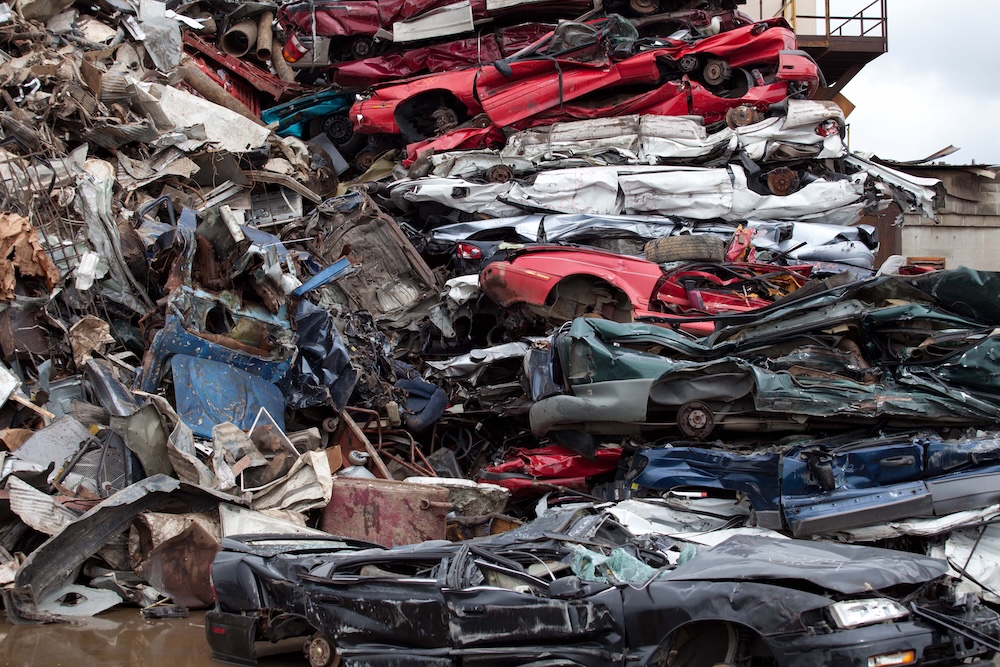
Not all scrapped vehicles meet their end locally. Some cars, especially those in good condition, are exported after deregistration. Exporting involves more paperwork. Owners or exporters must submit all export documents to LTA within a month of deregistration, showing where the vehicle will go and proving it left Singapore’s borders. Most exported cars end up in countries like Indonesia, Malaysia, Brunei, Thailand, and Tanzania, plus buyers in the UK and the USA looking for luxury or well-maintained models.
Car recycling is a big business and part of Singapore’s green policy push. Over 70,000 vehicles are scrapped yearly, supporting jobs and supplying recycled metals back to the industry. Reputable companies and government programs make sure recycling happens responsibly. The Vehicle End-of-Life Management (VELM) and incentives like Cash-for-Clunkers promote recycling and reduce ageing cars on Singapore’s already crowded roads.
Some companies focus on salvaging and reselling used parts. These businesses sort, clean, and list auto components for sale both online and in used parts shops. Popular parts such as engines, lighting modules, and transmissions are snapped up by owners looking to repair their own cars cheaply, and by mechanics in the region. Increasing resource recovery and reducing waste keeps more material out of landfills.
Keeping it green: Recycling and policy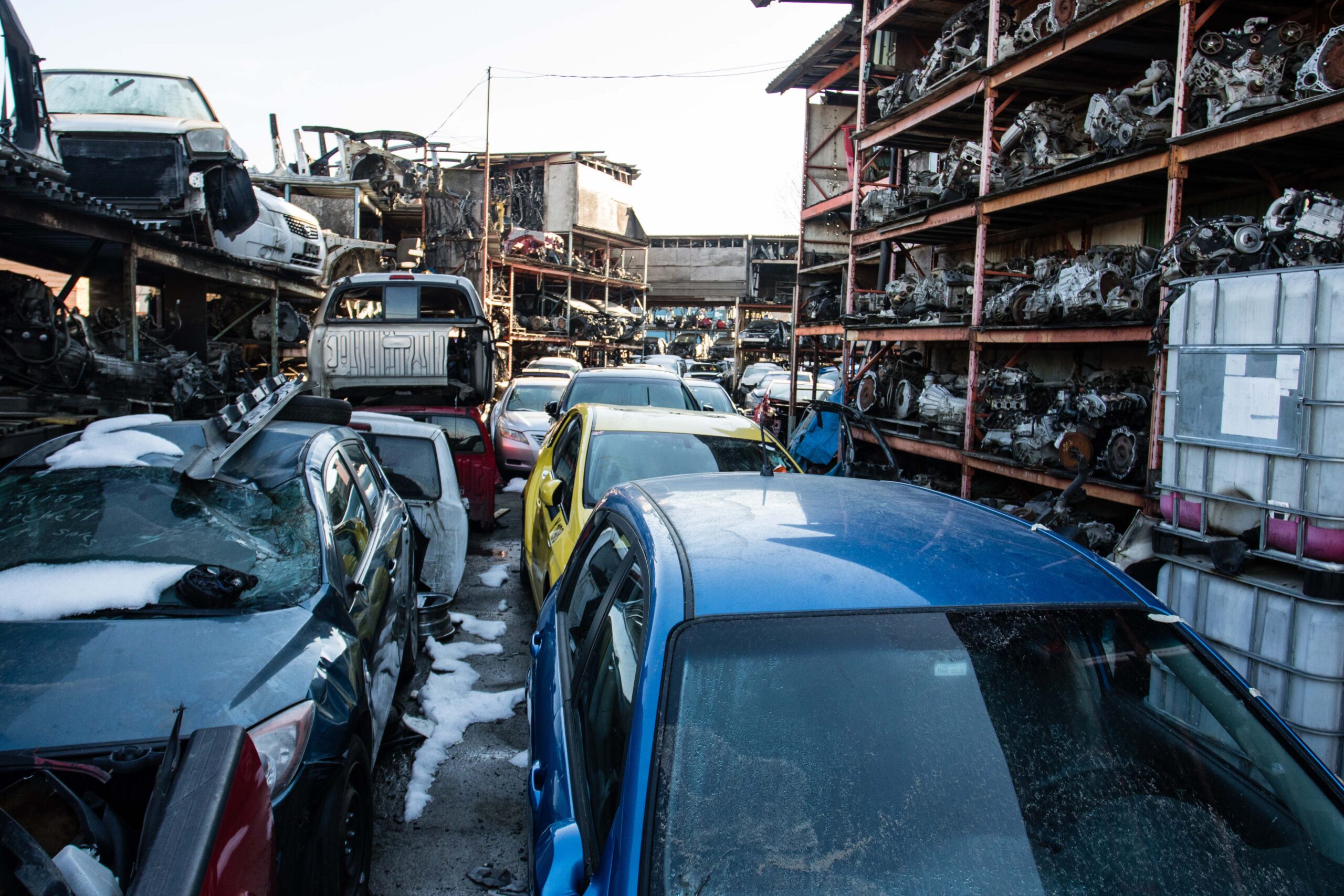
Environmental impact is central to the car recycling process. Singapore mandates safe handling and disposal to prevent hazardous materials from contaminating soil or water. Dismantling standards and recycling rates are monitored. Recovered steel and aluminium, for example, reduce demand for mining, lowering Singapore’s total carbon footprint a little more each year. The system ties together legal, economic, and ecological factors, reflecting Singapore’s reputation for order and green progress.
Export data proves Singapore’s global reach in the auto trade. Destinations for deregistered vehicles cover Southeast Asia, Africa, Europe, and North America. Reasons for export range from high local taxes and the COE quota system to maintenance culture, as many cars are in good shape when deregistered. Overseas buyers value Singapore cars for their condition, and export demand helps keep the system flowing and profitable.
COE rebates and PARF refunds are direct incentives for timely deregistration and proper disposal. The COE, usually valid for ten years, determines most of the scrap value. Owners can extend COE, deregister early, or drive out their full ten-year term before scrapping or exporting. The LTA keeps strict timelines, miss reporting a car’s disposal and penalties follow.
Metal recovery and local supply chain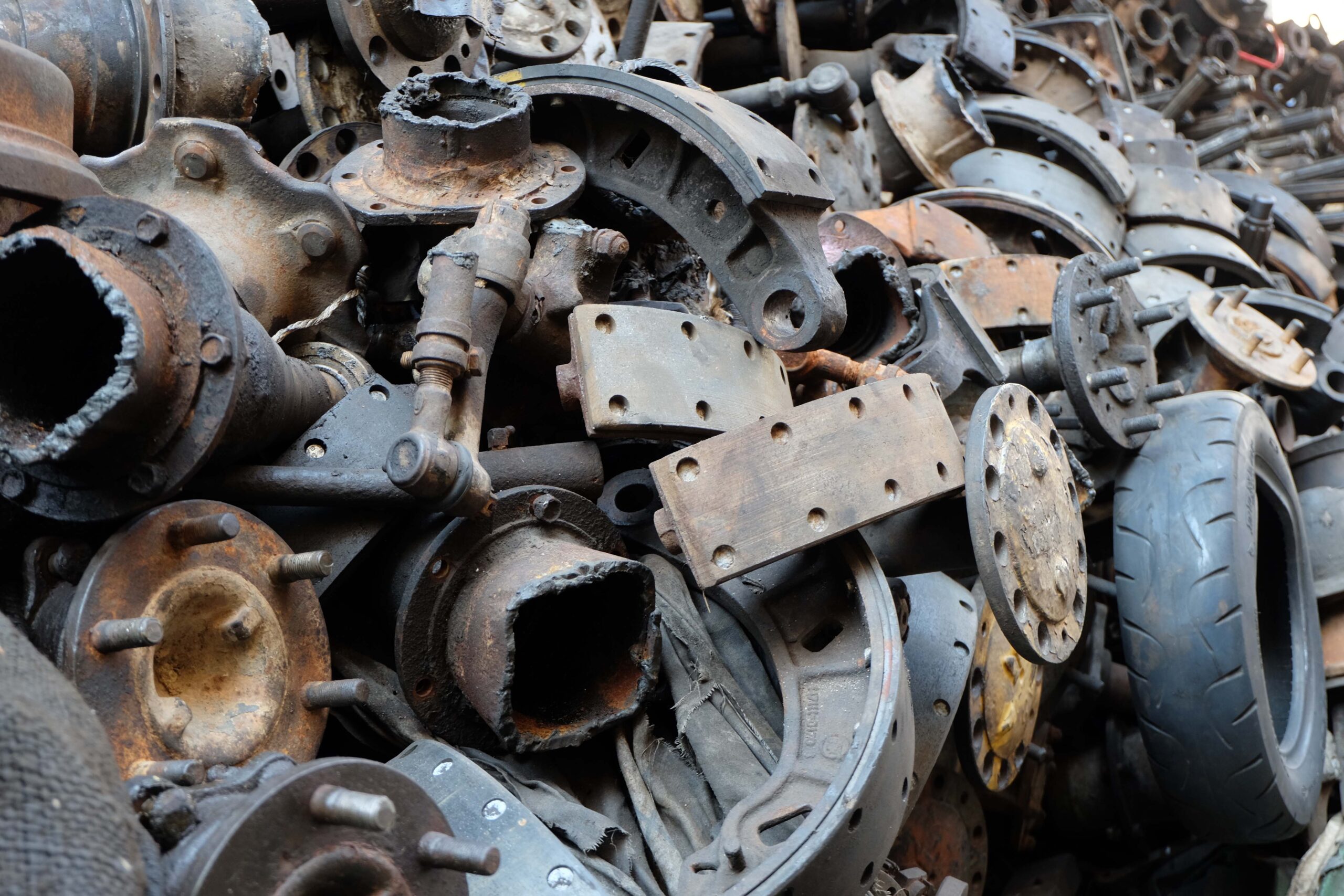
At the metal recycling facility, the crushed car bodies are melted and sorted. This saves resources and energy, as recycled steel and aluminium are less energy-intensive to process than mining raw ore.
Each year, Singapore’s auto recycling sector contributes thousands of tonnes of recycled metal back into the country’s manufacturing supply chain. With efficiency improving, even more will be recycled and reused in the coming years.
The future of car recycling in Singapore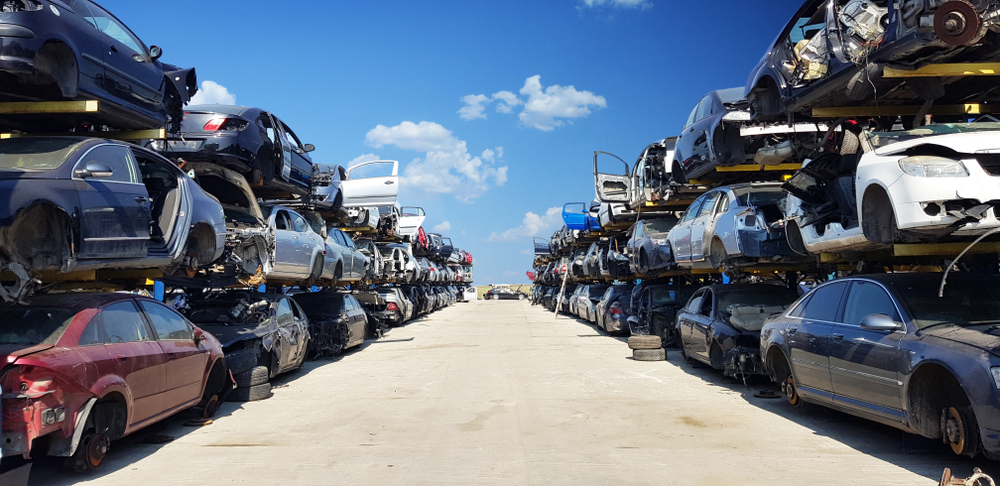
Singapore’s approach to end-of-life vehicles proves that recycling and regulation go hand in hand. The strict systems for scrapping, exporting, and recovering parts keep pollution low and landfills lean. The mix of policy and technology helps reuse valuable resources and pushes businesses to stay efficient.
As demand for proper disposal grows, and with new tech like electric vehicle recycling on the horizon, the industry will keep changing. Staying responsible with old cars isn’t just the law; it’s essential for environmental health and for Singapore’s future.
At Automobile Association of Singapore (AA Singapore), we offer a practical solution for car owners who want to scrap their vehicles the right way. Our Scrap Car Service manages the entire process from booking to deregistration and scrapping, relieving owners from the hassle of paperwork and logistics.
Members get the service for free, while non-members pay a small fee. We also provide towing if the car isn’t drivable. On the export front, we assist with customs paperwork through its role as an authorised issuer of Carnet de Passages en Douane (CPD), easing the process of sending cars overseas.



